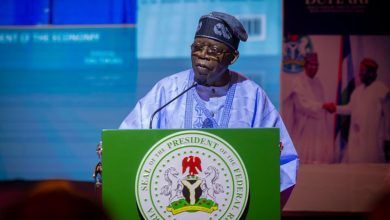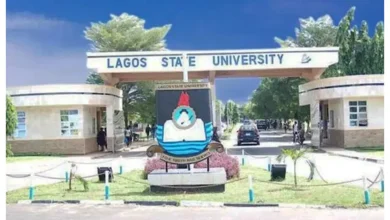
Construction work on the $1.96 billion Kano-Maradi rail project has resumed with increasing intensity, despite ongoing tensions between the Nigerian government and the military junta in Niger. The tensions follow accusations from the Nigerien government that Nigeria is attempting to destabilize the country.
The rail project, co-financed by the African Development Bank, will span 283.75 kilometers, connecting Nigeria’s Kano, Katsina, and Jigawa states to Maradi in Niger Republic. It will pass through 122 communities in 25 Local Government Areas across three Nigerian states and 11 communities in three communes of Niger. Despite its significant progress, several issues related to compensation for displaced residents remain unresolved.
Although the project was approved by the Federal Executive Council in September 2020, and is expected to be completed in 2026, a settlement audit conducted by Windforce Safeguards Limited reveals that 3,252 displaced individuals have still not been compensated. The audit report indicates that those affected include farmers whose lands are part of the rail corridor, as well as residents who have been forced to leave their ancestral homes.
The project was anticipated to displace approximately 12,695 homes and 2,064 assets along the rail line. While a total of N12.3 billion has been distributed to 16,032 individuals from the N20.325 billion earmarked for asset valuation, there are still 5,531 individuals who remain unsatisfied with the compensation they received. In communities such as Dalli, Yammawar Wanzamai, and others in Kano State, residents have expressed frustration with the inadequacy of their payments.
Despite these ongoing concerns, there are positive signs that the project will bring significant benefits to the region. In communities like Dundubus, Sabon Garin Dan Malam, and Shuwarin in Jigawa and Dutse, residents are optimistic about the economic advantages the rail line will bring, especially in terms of improved transportation for goods and agricultural produce.
Despite the setbacks with compensation, the ongoing work across the project site is a step forward, and the railway’s completion is expected to significantly improve trade and connectivity in the region, creating more opportunities for local communities.
However, concerns remain over the delayed payments, and there have been calls for more transparent compensation processes. A final settlement audit in September 2024 criticized the valuation methods used for compensating displaced persons, stating that the depreciation valuation method used impoverished the affected individuals, contrary to the policies of the African Development Bank.
With the completion date set for 2026, the government and contractors will need to address these compensation issues to ensure that the project’s benefits are realized by the communities it impacts.




